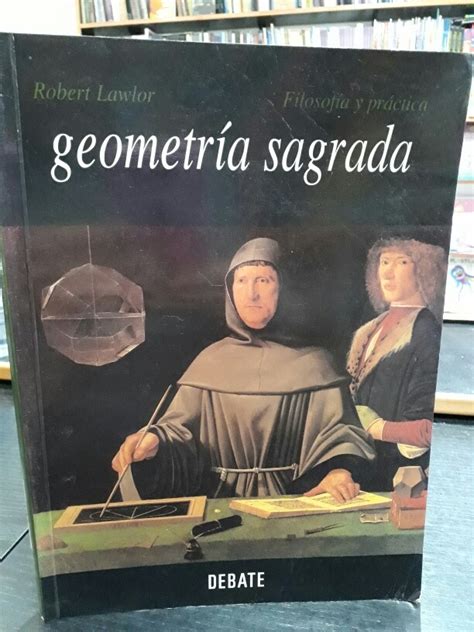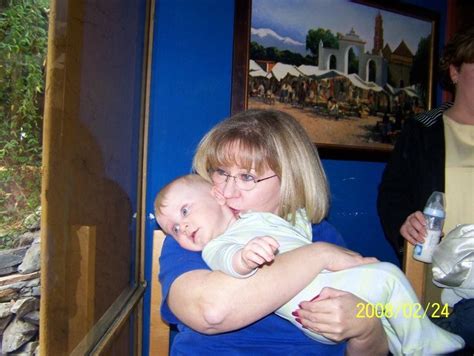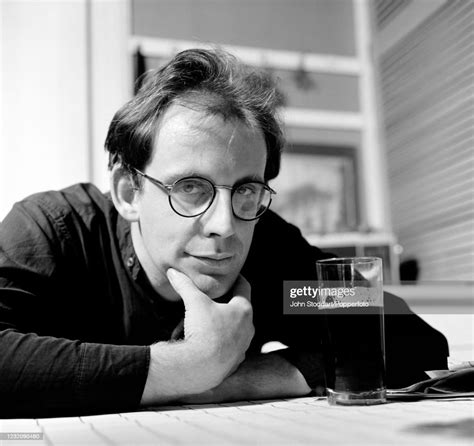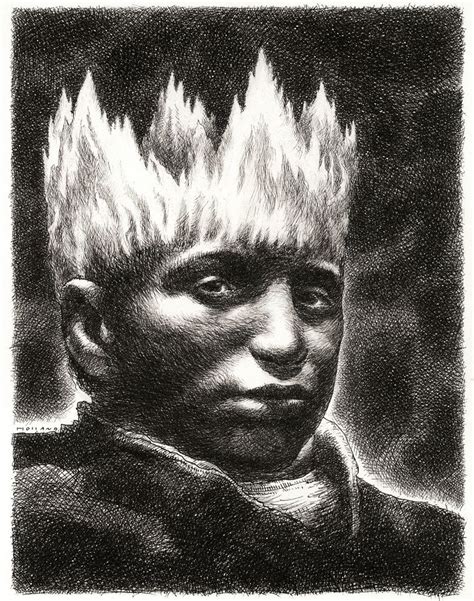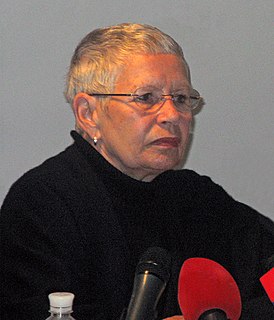A Quote by Robert Lawlor
John Michell's The Dimensions of Paradise is inarguably among the most important Gnostic transmissions of recent generations. With his candid, uncomplicated style, John has made widely available the visions, the laws, and the numbers held within pure geometry and which integrate earth and sky, movement and form, cosmos and mankind.
Related Quotes
John Farrar, my dear friend and songwriter/producer of most of my hits (he wrote "You're The One That I Want" and "Hopelessly Devoted to You," among others), wrote the song ["I Think You Might Like It"] and it captures so much fun and joy! Having that reunion as well, with John and John - made the project even more special!
Among archetypal images, the Sacred Tree is one of the most widely know symbols on Earth. There are few cultures in which the Sacred Tree does not figure: as an image of the cosmos, as a dwelling place of gods or spirits, as a medium of prophecy and knowledge, and as an agent of metamorphoses when the tree is transformed into human or divine form or when it bears a divine or human image as its fruit or flowers.
"March" was inspired by "Martin Luther King and the Montgomery Story." I actually first heard about that comic from John Lewis, who told me that it played an important role in the movement. And so once he told me about that, it made me start thinking, "Well, why doesn't John Lewis write his own comic book?".
John Fahey, thought during his lifetime to be possibly more than a little crazy, was the author of some thirty albums of gnomically introverted droning guitar instrumentals, which I listened to heavily in my teens and twenties; I even produced an hour or so of banjo music in an imitative John Fahey style.
When I think about him, I think about him as John and John Wick. I think of John Wick being the assassin part of John. I would say that guy has strong will; never gives up; he's kind; and there's honor about him. He's also a man of strength. There are even some vulnerabilities to him. Most importantly, he's good at his job.
"Both Christianity and Islam are logocentric," he told his students, "meaning they are focused on the Word. In Christian tradition, the Word became flesh in the book of John: 'And the Word was made flesh, and He dwelt among us. 'Therefore, it was acceptable to depict the Word as having a human form. In Islamic tradition, however, the Word did not become flesh, and therefore the Word needs to remain in the form of a word … in most cases, calligraphic renderings of the names of the holy figures of Islam."
